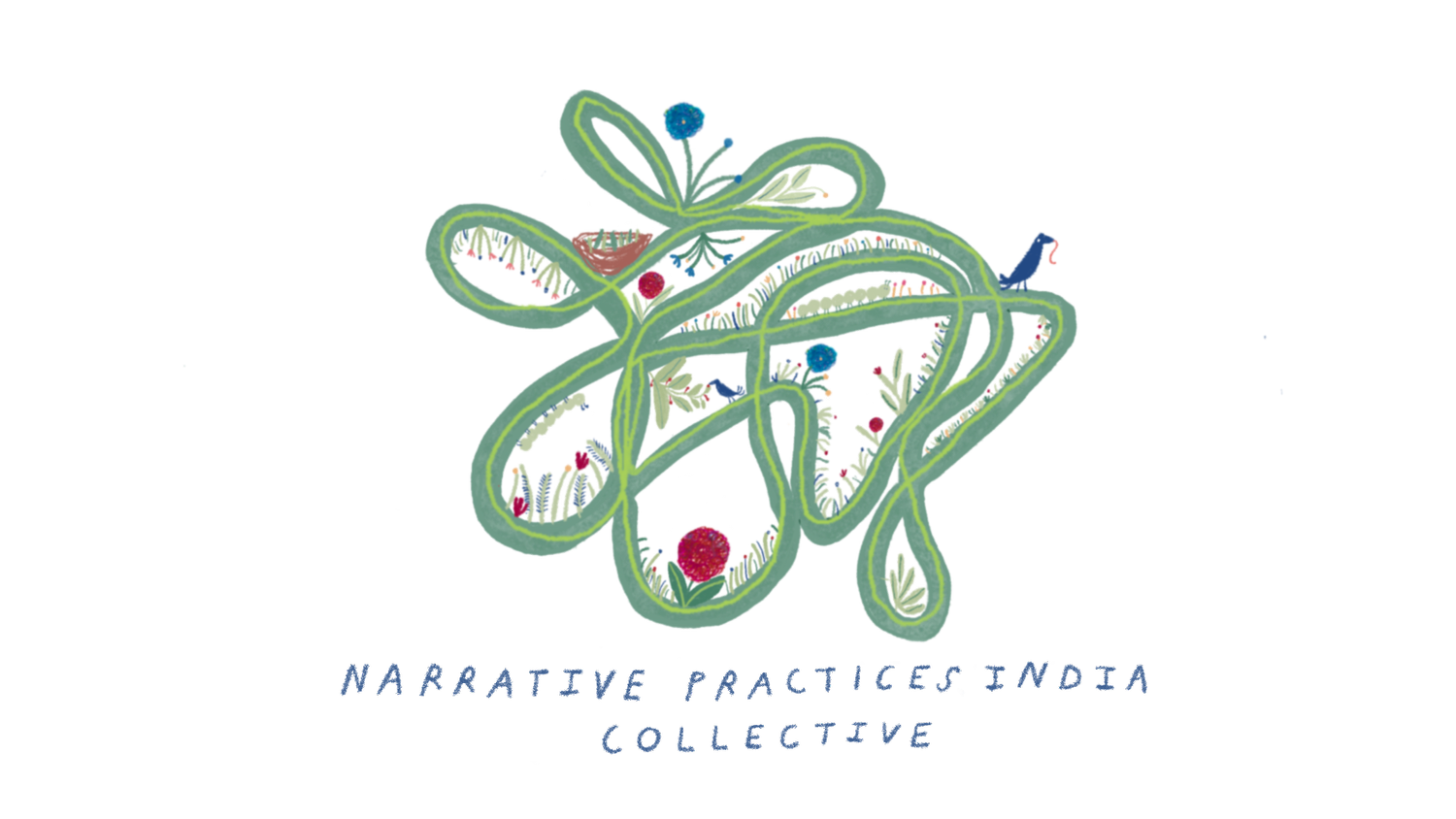(Online) Diploma in Supervision using Narrative Ideas & Practices
The diploma in narrative supervision fosters a safe space for learning, reflection, and professional development, applying narrative practice principles to supervisory relationships.
The program focuses on developing supervisors' skills to support their supervisees' professional growth in respectful, non-blaming ways that connect supervisees' lives to their work. Participants explore the position of supervisor, learn to negotiate collaborative supervisory relationships, and develop strategies for addressing worker fatigue and burnout using narrative approaches.
Who can apply
Clinical supervisors practising in therapeutic settings, counseling, social work, and health care
Educators and mentors working with teachers or trainees
Supervisors of creative or narrative-based professions, like writing, community art or working with youth
Leaders of organizations/teams interested in exploring the use of narrative ideas and practices in their supervision


